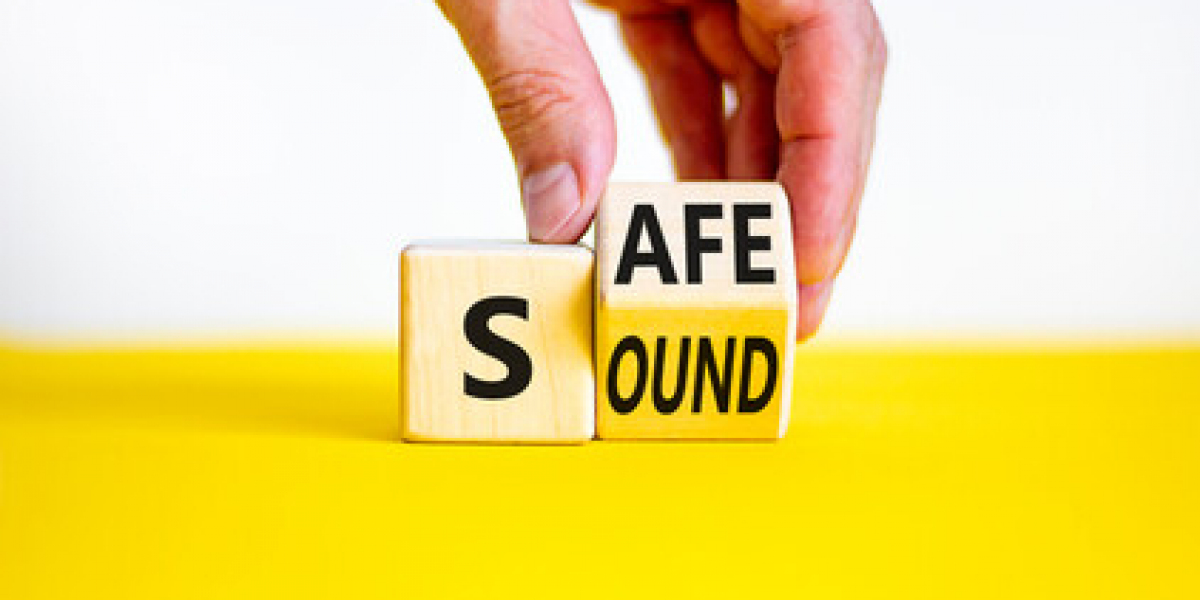1. Wear Hearing Protection in Noisy Environments
Prolonged exposure to noise levels above 85 decibels (dB) can cause permanent hearing damage. Whether you’re at a construction site, a concert, or using loud machinery, hearing protection is essential.
What to Use:
- Earplugs: Affordable, portable, and great for reducing noise.
- Earmuffs: Provide more comprehensive coverage for industrial or heavy-duty noise.
- Noise-Canceling Earbuds: Ideal for lower-level noise and personal use.
Pro Tip:
Look for products with a Noise Reduction Rating (NRR) appropriate for your needs.
2. Turn Down the Volume
Loud music or prolonged use of headphones can harm your hearing. Listening at high volumes, especially for extended periods, strains your ears and accelerates damage.
Safe Listening Tips:
- Follow the 60/60 rule: Listen at 60% volume for no more than 60 minutes at a time.
- Opt for noise-canceling headphones to avoid raising volume levels in noisy settings.
- Monitor device settings that alert you if the volume exceeds safe levels.
3. Take Breaks from Noise
Continuous exposure to loud sounds doesn't allow your ears time to recover. Regular breaks can significantly reduce the risk of hearing loss.
How to Rest Your Ears:
- Step away from noisy environments for 10–15 minutes every hour.
- Spend time in quiet spaces to let your auditory system recover.
- Use hearing protection even during short exposures to intense sounds, like sirens or power tools.
4. Maintain Ear Hygiene
Blocked ears from wax buildup can reduce hearing clarity and lead to discomfort. However, improper cleaning methods can harm your eardrum.
Safe Cleaning Practices:
- Avoid using cotton swabs or sharp objects.
- Use over-the-counter ear drops to soften wax.
- Consult a healthcare professional for regular ear check-ups and cleanings.
Warning:
Never insert objects into your ear canal—this can push wax deeper or cause injury.
5. Get Regular Hearing Check-Ups
Early detection is key to preventing and managing hearing loss. Regular hearing tests ensure you’re aware of any issues before they become severe.
When to Get Tested:
- Annually if you work in noisy environments.
- Immediately if you notice signs of hearing loss, like muffled sounds or ringing in the ears (tinnitus).
What to Expect:
A professional audiologist will evaluate your hearing and recommend solutions, such as hearing aids or protective strategies, if needed.
Bonus Tips for Everyday Hearing Protection
- Limit Exposure to Loud Recreational Activities: Concerts, sporting events, and fireworks can exceed safe noise levels. Always carry earplugs to these events.
- Be Cautious with Medications: Certain drugs (ototoxic medications) can harm your hearing. Consult your doctor about potential side effects.
- Keep Your Ears Dry: Moisture can lead to infections, which may affect your hearing. Use ear protection while swimming and thoroughly dry your ears afterward.
Conclusion
Your hearing is precious—once damaged, it’s often irreversible. By taking simple, preventive steps like wearing hearing protection, lowering the volume, and maintaining ear hygiene, you can safeguard your hearing for years to come.









